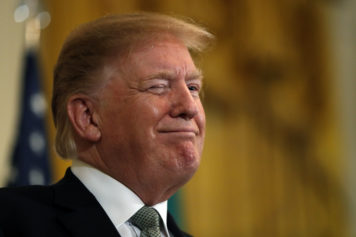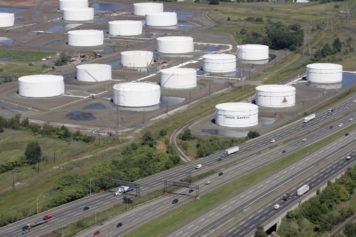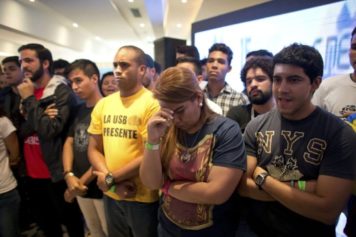Although he has returned to Venezuela, President Hugo Chavez’s road to cancer recovery is not complete. During a television appearance, Vice President Nicolas Maduro, Chavez’s chosen successor, said that the leader is still battling for his life two months after undergoing cancer surgery in Cuba. Chavez has yet to make a public appearance since December, and remains bedridden at Dr. Carlos Arvelo Military Hospital in Caracas.
Previous reports suggested that Chavez had been fitted with a tracheal tube that made speaking difficult, but Maduro asserts that the president is fully capable of leading the country. Chavez retains overwhelming support from Venezuelans, but questions continue to arise over whether he will be able to complete his fourth term in office. With Chavez’s deteriorating health, political analysts believe that the opposition could potentially gain a foothold in the nation’s politics.
However, lack of action has only contributed to growing support for the embattled president. Dissension among opposition parties could prevent them from choosing a suitable candidate to run against Maduro, should Chavez not survive his battle with cancer. Furthermore, analysts question the government’s ability to function if Chavez were to die.
Since assuming office in 1999, Chavez has established a style of leadership and government that was very much his own. Modeling his politics after 18th century South American revolutionary Simon Bolivar, the 58-year-old Chavez has become the leader of an entire movement, referred to as “Chavismo.”
“Chavismo will probably last generations,” Caracas Central Universty-based political analyst Carlos Romero told Time magazine. “Chavez’s emotional connection with the people is unique; there is no one else that comes close. Chavismo as an idea, as a political movement, will survive.”
For now Chavez remains in command, though his full capabilities remain unknown. Maduro explained that Chavez’s leadership remains possible through “a group of men and women subordinated to his leadership,” as well as the president’s “reliance on his loyal people.”


